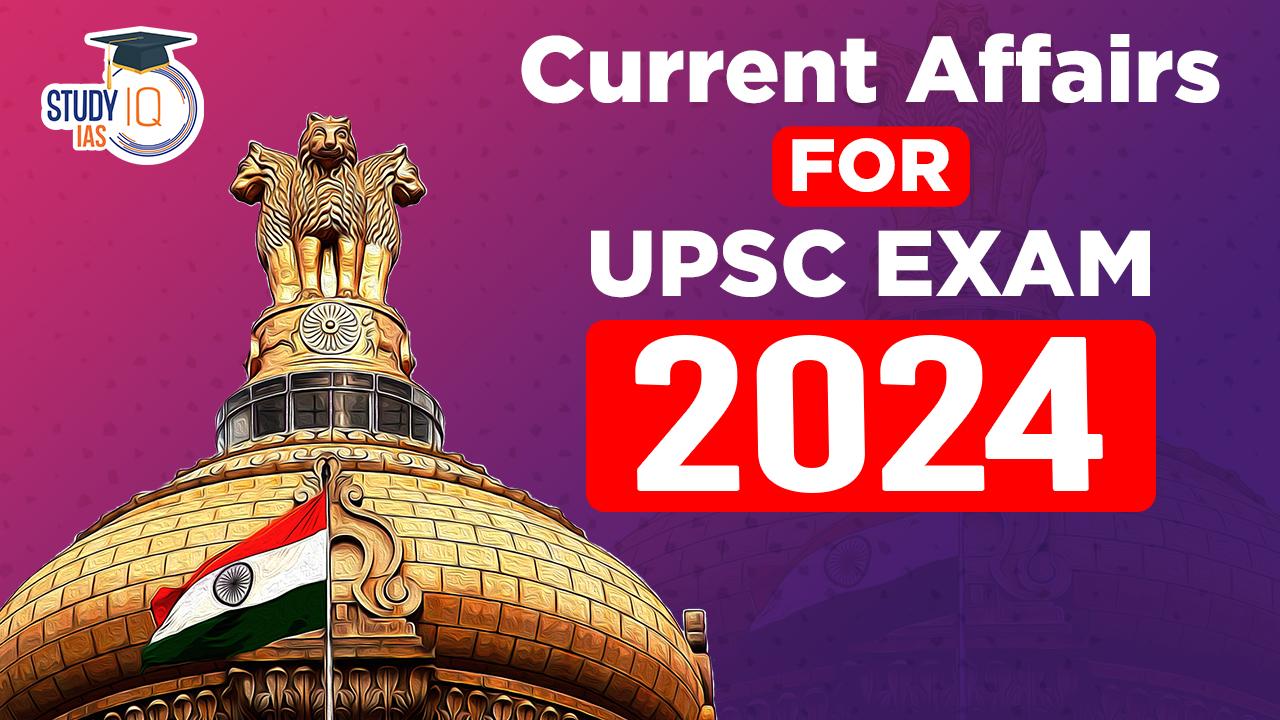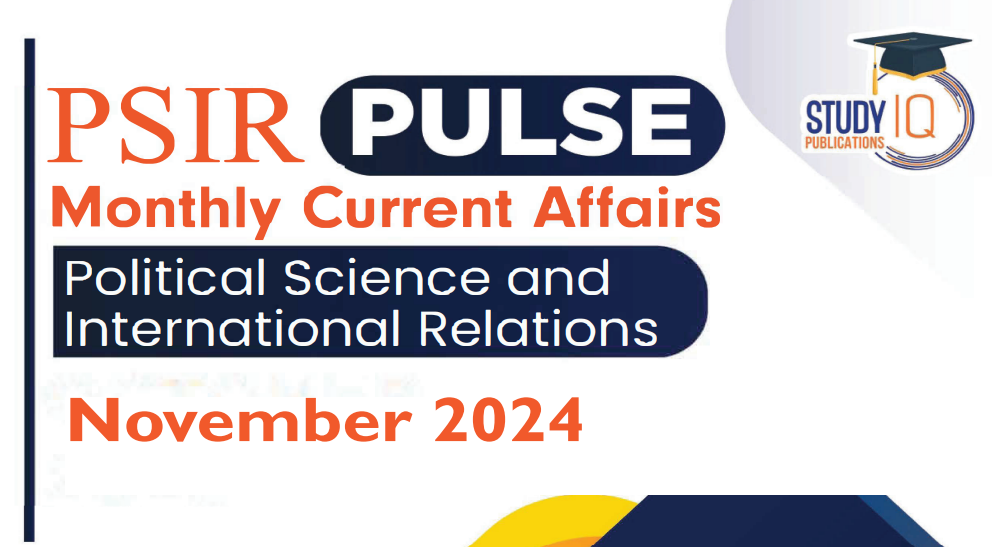Table of Contents
Tweeting Defamatory Content
Context: The Supreme Court restrained a trial court from proceeding with a defamation case against Delhi Chief Minister Arvind Kejriwal for retweeting a YouTube video against the BJP’s IT cell.
Background
- Origins of the Case: The case involves Kejriwal retweeting a video from YouTuber Dhruv Rathee that was allegedly defamatory towards the BJP’s IT cell.
- High Court’s Stance: Delhi High Court had sustained the summons against Kejriwal, with Justice Swarana Kanta Sharma ruling that retweets generally count as ‘publication’ under Section 499 of IPC, especially for public figures.
Right to Free Speech vs. Defamation in India
- Competing Rights: The Indian Constitution protects both the right to free speech (Article 19(1)(a)) and the right to reputation (covered under Article 21).
- Defamation laws can be a reasonable restriction on free speech (as per Article 19(2)).
- Landmark Judgments:
- Subramanian Swamy vs. Union of India (2016): Upheld the constitutionality of defamation sections (IPC 499 & 500).
- Kaushal Kishore vs Union of India (2017): No additional restrictions on free speech beyond those in Article 19(2).
- Shreya Singhal vs. Union of India (2015): Struck down Section 66A of IT Act 2000 (offensive messages) for violating free speech.
Retweeting and Defamation
- Retweeting defamatory content can be considered defamation if it lowers someone’s reputation and reaches a third person.
- Sharing content can be seen as an endorsement, especially for high-profile figures.
About Defamation
- Definition of Defamation (Under Section 499 of Indian Penal Code): Defamation occurs when an individual’s reputation is harmed by another’s accusations, expressed through words, signs, or visible means, intending to tarnish their image.
- Types of Defamation: Civil and Criminal
- Civil Defamation: In cases of civil defamation, the aggrieved party can approach High Courts or lower courts to pursue monetary compensation for the damage to their reputation.
- Criminal Defamation (Section 500 of IPC): In criminal defamation cases, the accused may face up to two years in prison, a fine, or both as potential penalties.
We’re now on WhatsApp. Click to Join
Fact Check Unit
Context:
- The Press Information Bureau’s Fact Check Unit has been officially appointed by the Ministry of Electronics and Information Technology.
- The move comes after Bombay HC refused to restrain the Centre from notifying the FCU, a decision that has been challenged in SC
About Fact Check Unit
- Role: The FCU is empowered to decide if information uploaded on online platforms and social media is accurate or not.
- In case the data is found to be “fake”, “false” or “misleading”, the platform will have to take down the information that is brought to its notice by the FCU or run the risk of losing “safe harbour” status.
- The “safe harbour” clause in the Information and Technology Act provides legal immunity to platforms against content shared by their users.
- Administrative Structure: The Fact Check Unit is managed by three Joint Director rank officers of the Indian Information Service, which oversees government publicity efforts.
- Reporting Mechanism: The Unit operates under the Principal Director General of the PIB, who acts as the primary spokesperson for the Government of India.
|
Fact |
| Under the IT Rules, 2021, the social media platforms could lose their legal liability protections if they continue to host notified misinformation. |
PIB Fact Check Unit Scrutiny
- Disputed Actions: The Fact Check Unit has been criticised for contesting the work of journalists by relying solely on ministry denials.
- Past Contentions: Instances have been noted where the Fact Check Unit has challenged news reports, including calling an Al Jazeera article about the Citizenship (Amendment) Act, 2019, “fake”.
Challenges to IT Rules
- Freedom of Press at Risk: The Internet Freedom Foundation has expressed concerns that such provisions could endanger the independence of India’s free press, especially online.
IMF Bailout Tranche
Context
- Pakistan and the International Monetary Fund (IMF) have come to an initial understanding regarding the disbursement of $1.1 billion from a $3 billion bailout.
- Under the deal, Pakistan will receive the final tranche from the bailout that was approved by the IMF to save the nation from defaulting on its debt repayments.
Reasons For IMF Bailout
- Economic Instability: Nations often approach the IMF when facing significant macroeconomic issues like a currency crisis, evident in increased domestic prices and currency devaluation, as seen in Sri Lanka and Pakistan.
- Currency Mismanagement: Currency crises often result from the central bank’s improper management, sometimes due to government pressure for funding populist measures, leading to inflation and loss of currency value.
- Loss of Economic Confidence: A currency’s steep and unpredictable fall can undermine economic confidence, causing reluctance in currency acceptance for transactions.
- Foreign Investment Deterrent: Unstable currency values deter foreign investment, prompting countries to seek IMF assistance for external debt management, essential imports, and currency stabilisation.
IMF’s Role in Aiding Countries
- Financial Assistance: The IMF provides financial help, often via special drawing rights (SDRs), to economies in crisis.
- SDRs and Currency Basket: SDRs are based on a basket of currencies including the U.S. dollar, euro, Chinese yuan, Japanese yen, and British pound.
- Various Lending Programs: The IMF uses programs like the extended credit facility and stand-by agreements to assist countries.
- Usage of Funds: Borrowing countries use the IMF funds for essential imports and debt repayment, especially in dollar-denominated transactions.
Conditions of IMF Bailouts
- Structural Reforms: IMF aid usually comes with conditions, such as implementing specific economic reforms.
- Controversy Over Conditions: The conditional nature of IMF loans has been criticised for being harsh on the public and sometimes perceived as politically influenced.
- Necessity of Conditions: Proponents argue that conditions are crucial to ensure countries do not continue detrimental economic policies.
- Governance and Corruption: The IMF aims to address underlying issues such as central bank independence and corruption to prevent bailout funds from being misused.
Indian Protected Basmati being cultivated in Pakistan
Context: The Indian Agricultural Research Institute (IARI) has raised concerns about the unauthorised cultivation of its basmati varieties in Pakistan, urging legal action to safeguard Indian farmers and exporters.
Specific Varieties and Registration Issues
- Pusa Basmati-1121 (PB-1121): Introduced in 2003, known for its long grains, it has been registered in Pakistan as ‘PK 1121 Aromatic’ and marketed as ‘1121 Kainat’.
- Other Varieties: Pakistan also cultivates other IARI varieties like Pusa Basmati-6 (PB-6) and PB-1509, the latter being renamed as ‘Kissan Basmati’ in Pakistan.
- Newer IARI Varieties: Recent varieties like PB-1847, PB-1885, and PB-1886, released in late-2021 for disease resistance, are also being grown in Pakistan.
Legislative Protection and Breaches
- Seed Act and Plant Varieties Protection: The bred varieties are protected under the Seeds Act, 1966, and the Protection of Plant Varieties and Farmers’ Rights Act, 2001, restricting seed usage to Indian farmers only.
- Breach of Protection: Despite these protections, Pakistan has been able to grow these varieties by initially sourcing a small quantity of seeds and then multiplying them.
Export Figures and Market Share
- India’s Export Figures: India exported 45.61 lakh tonnes of basmati rice worth $4.79 billion in 2022-23, with a significant portion of the basmati area under IARI varieties.
- Pakistan’s Export Figures: Pakistan’s basmati exports are lower, with 7.58 lakh tonnes ($694.55 million) in 2021-22 and showing an increase in the following year.
Market Dynamics and Competitive Edges
- Currency Advantage: The depreciation of the Pakistani rupee has made Pakistan’s basmati rice cheaper in the EU and UK markets compared to Indian varieties.
- Market Preferences: India dominates markets in Iran, Saudi Arabia, and West Asia, preferring parboiled rice, while Pakistan leads in the EU-UK market with its white and steamed rice varieties due to lower prices.
Concerns Over Research and Development Piracy
- Intellectual Property Concerns: The unauthorised cultivation of IARI varieties in Pakistan is seen as an exploitation of Indian scientific research and development.
- Future Challenges: The piracy of basmati varieties by Pakistan may pose future challenges for India’s dominance in the global basmati market.
Examples and Case Studies For Value Addition
- Scientific Innovation & Discoveries, Government Policies and Intervention (GS 3, GS 2): Political parties are utilising artificial intelligence (AI) to revive videos and audio of past icons for the Lok Sabha election campaign. It allows candidates to send targeted messages to voters.
- Example: AI-generated video of the late M. Karunanidhi, praising current DMK leadership, was showcased at a Tamil Nadu conference, indicating AI’s growing role in political campaigning.
- Judiciary (GS 2): The Supreme Court has warned judges not to mandate counselling for LGBTQ+ individuals that could pressure them to reject their identity or sexual orientation, especially in situations where they are distressed or have been separated from their partners by family members.


 Pariksha pe Charcha 2025, Overview, Even...
Pariksha pe Charcha 2025, Overview, Even...
 National Policy on Framework on Agricult...
National Policy on Framework on Agricult...
 How Scientists used Scotch tape to Creat...
How Scientists used Scotch tape to Creat...




















